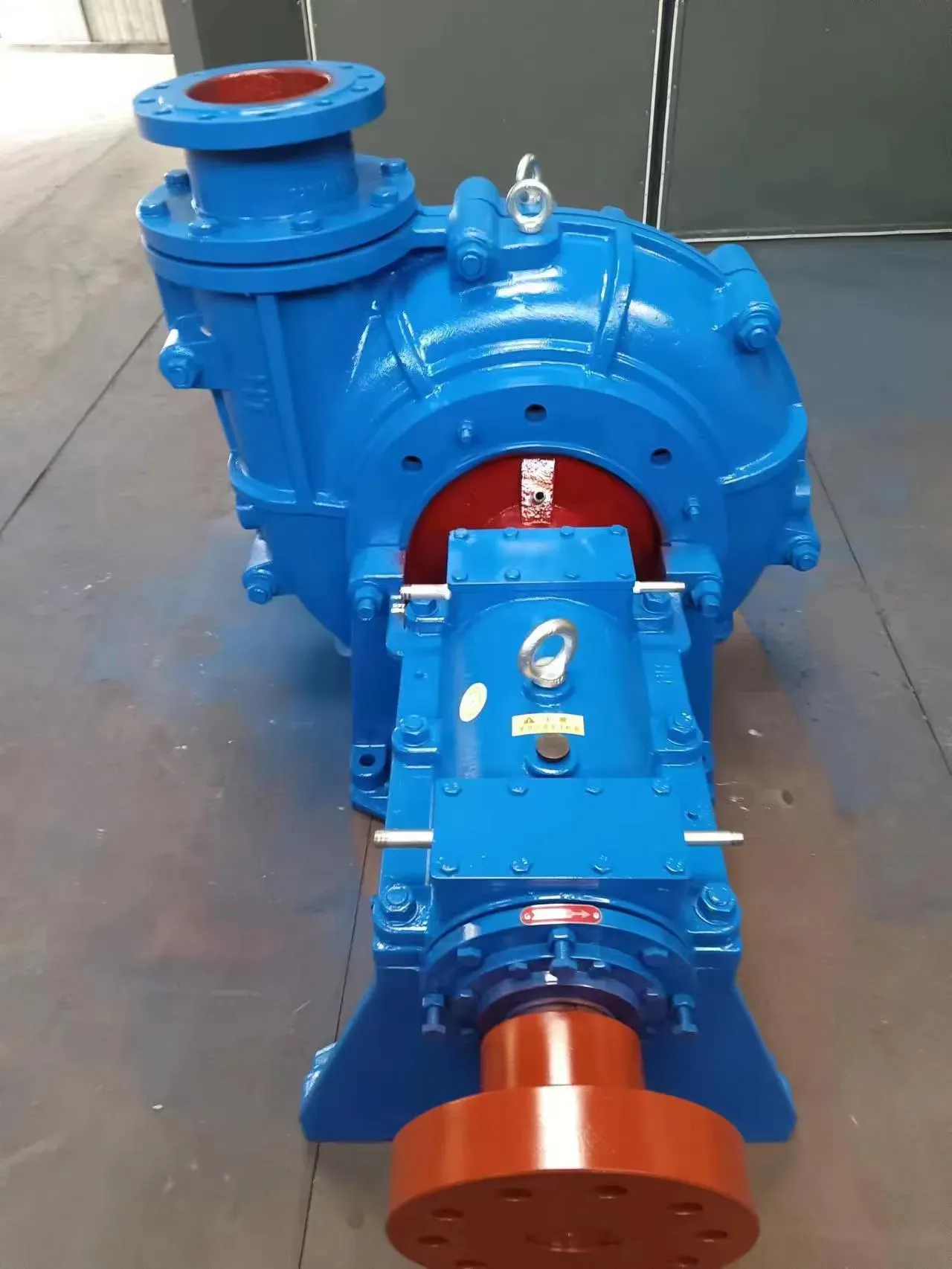English
- Afrikaans
- Albanian
- Amharic
- Arabic
- Armenian
- Azerbaijani
- Basque
- Belarusian
- Bengali
- Bosnian
- Bulgarian
- Catalan
- Cebuano
- Corsican
- Croatian
- Czech
- Danish
- Dutch
- English
- Esperanto
- Estonian
- Finnish
- French
- Frisian
- Galician
- Georgian
- German
- Greek
- Gujarati
- Haitian Creole
- hausa
- hawaiian
- Hebrew
- Hindi
- Miao
- Hungarian
- Icelandic
- igbo
- Indonesian
- irish
- Italian
- Japanese
- Javanese
- Kannada
- kazakh
- Khmer
- Rwandese
- Korean
- Kurdish
- Kyrgyz
- Lao
- Latin
- Latvian
- Lithuanian
- Luxembourgish
- Macedonian
- Malgashi
- Malay
- Malayalam
- Maltese
- Maori
- Marathi
- Mongolian
- Myanmar
- Nepali
- Norwegian
- Norwegian
- Occitan
- Pashto
- Persian
- Polish
- Portuguese
- Punjabi
- Romanian
- Russian
- Samoan
- Scottish Gaelic
- Serbian
- Sesotho
- Shona
- Sindhi
- Sinhala
- Slovak
- Slovenian
- Somali
- Spanish
- Sundanese
- Swahili
- Swedish
- Tagalog
- Tajik
- Tamil
- Tatar
- Telugu
- Thai
- Turkish
- Turkmen
- Ukrainian
- Urdu
- Uighur
- Uzbek
- Vietnamese
- Welsh
- Bantu
- Yiddish
- Yoruba
- Zulu
Telephone: +86 13120555503
Email: frank@cypump.com
Oct . 10, 2024 19:27 Back to list
Choosing the Right Sewage Pumps for Your Basement Needs and Installation Tips
Understanding Sewage Pumps for Basements A Comprehensive Guide
Sewage pumps are essential devices for managing wastewater in homes, especially those with basements. Unlike traditional sump pumps, which primarily handle groundwater, sewage pumps are designed to transport liquids and solids from lower areas, like basements, to a sewer line or a septic system. Overflowing or flooding basements can lead to significant damages, making the understanding and implementation of sewage pumps crucial for homeowners.
What is a Sewage Pump?
A sewage pump is a type of centrifugal pump specifically designed to handle sewage or waste materials. These pumps can handle larger solids than typical pumps, which makes them particularly valuable in basements where waste materials may comprise both liquids and solids. A sewage pump typically operates when the wastewater reaches a certain level in a basin or pit, known as a sump. The pump activates, pushing the sewage out of the basement and into the drainage system.
Key Features to Consider
When choosing a sewage pump for your basement, several key features should be taken into account
1. Capacity The pump's capacity is vital. It determines how quickly and efficiently the pump can move water. Look for pumps that can handle the flow rate needed for your home’s sewage system. Measurements are usually expressed in gallons per minute (GPM).
2. Horsepower Sewage pumps come in different horsepower ratings, typically from ½ HP to 2 HP. The more horsepower, the more powerful the pump. Consider your needs based on the volume of wastewater you'll be moving.
3. Solid Handling One of the most distinguishing features of sewage pumps is their ability to handle solid waste. Most sewage pumps can manage solids up to 2 inches in diameter. However, some high-capacity models can handle larger solids, making them suitable for more challenging situations.
sewage pumps for basements

4. Automatic vs. Manual Sewage pumps can be either automatic or manual. Automatic pumps activate based on a float switch that detects water levels. Manual pumps require human intervention to turn on and off. For convenience and peace of mind, many homeowners prefer automatic models.
5. Durability and Materials Since sewage pumps operate in harsh conditions, look for models made from corrosion-resistant materials like stainless steel or cast iron. A durable pump can withstand the rigors of waste management.
Installation and Maintenance
Installing a sewage pump in your basement is a task best left to professionals, especially if plumbing connections and electrical systems need alteration. Proper installation ensures that the pump operates efficiently and adheres to local building codes.
Maintenance is crucial for preventing failures. Here are some tips for maintaining your sewage pump
- Regular Inspections Periodically inspect the pump for signs of wear and tear. Check connections, the float switch, and the power supply. - Clean the Basin Over time, solids and debris may accumulate in the basin. Regular cleaning will improve the pump's efficiency. - Test the System Run the pump manually several times a year to ensure it’s functioning properly.
Conclusion
Sewage pumps are an invaluable asset for homes with basements, particularly those prone to flooding or sewage backup. Understanding the features, installation, and maintenance of these systems can help homeowners make informed decisions. A well-functioning sewage pump not only protects your home but also ensures a safe and hygienic environment for your family. Investing time and resources into selecting the right sewage pump and maintaining it can save you from significant headaches and costly repairs in the future. Whether you’re looking to replace an old unit or install a new one, remember that proper research is key to choosing the right sewage pump for your basement needs.
-
ISG Series Vertical Pipeline Pump - Chi Yuan Pumps Co., LTD.
NewsJul.30,2025
-
ISG Series Vertical Pipeline Pump - Chi Yuan Pumps Co., LTD.|energy-efficient fluid handling&industrial durability
NewsJul.30,2025
-
ISG Series Vertical Pipeline Pump - Chi Yuan Pumps | Advanced Engineering&Industrial Efficiency
NewsJul.30,2025
-
ISG Series Pipeline Pump - Chi Yuan Pumps | High Efficiency, Energy Saving
NewsJul.30,2025
-
ISG Series Vertical Pipeline Pump-Chi Yuan Pumps|High Efficiency&Reliable Performance
NewsJul.29,2025
-
ISG Series Vertical Pipeline Pump|High Efficiency&Low Noise
NewsJul.29,2025










